In a world where time often feels like it is slipping through our fingers, the elegance and precision of a well-crafted watch serve not only as a functional tool but also as a timeless artifact of craftsmanship. Like a loyal companion, a watch requires attention and care to ensure it remains a reliable partner through the ebb and flow of life. Whether you are an avid collector certain to cherish the nuances of vintage pieces or a casual wearer appreciating the simplicity of a daily timepiece, understanding the fundamentals of watch maintenance and repair is essential for preserving its integrity and longevity. In this guide, we will delve into the art and science of timekeeping mastery, offering essential tips and insights that will empower you to care for, restore, and appreciate your watch in ways that transcend mere utility, allowing you to keep a closer watch on the treasures of time.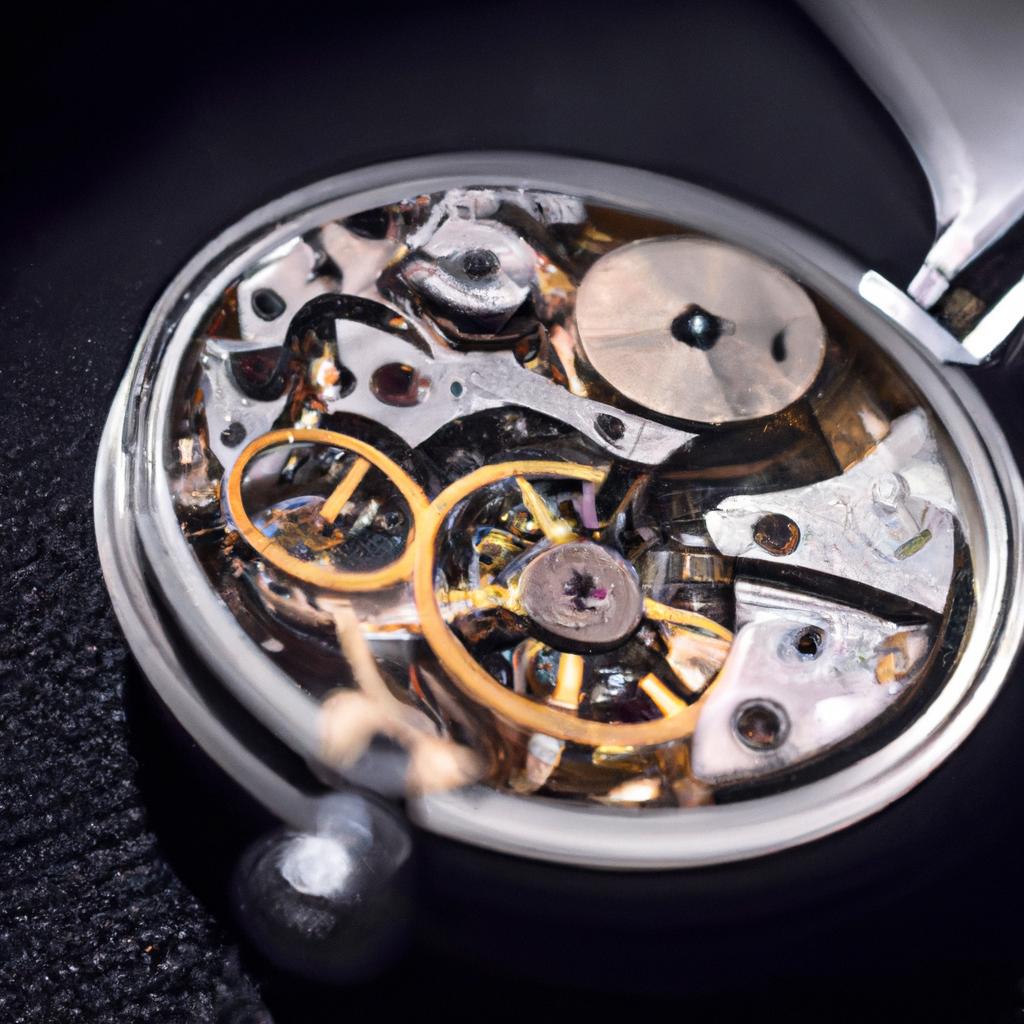
Understanding Your Watch Mechanism for Better Care
Understanding the intricacies of your watch’s mechanism can profoundly enhance its longevity and performance. Each watch operates on a unique mechanism, whether it’s quartz, automatic, or manual. Knowing the differences between these types is essential; for instance, quartz watches run on battery power and require minimal intervention, while automatic and manual watches rely on meticulous winding to keep accurate time. Key components to familiarize yourself with include the escapement, mainspring, and balance wheel, as these parts work in concert to ensure precise timekeeping.
To extend the life of your timepiece, implement some straightforward care practices. Here’s a handy checklist for basic maintenance:
- Regular cleaning: Wipe the case and strap with a soft, lint-free cloth.
- Battery replacement: For quartz watches, replace the battery every 1-2 years.
- Water resistance checks: Ensure gaskets are replaced as needed to maintain water resistance.
Additionally, consider a comprehensive service every 3-5 years, depending on your watch type. Here’s a simple maintenance timeline:
| Maintenance Task | Frequency |
|---|---|
| Battery Check/Replacement | 1-2 years |
| Full Service | 3-5 years |
| Water Resistance Testing | Every year |
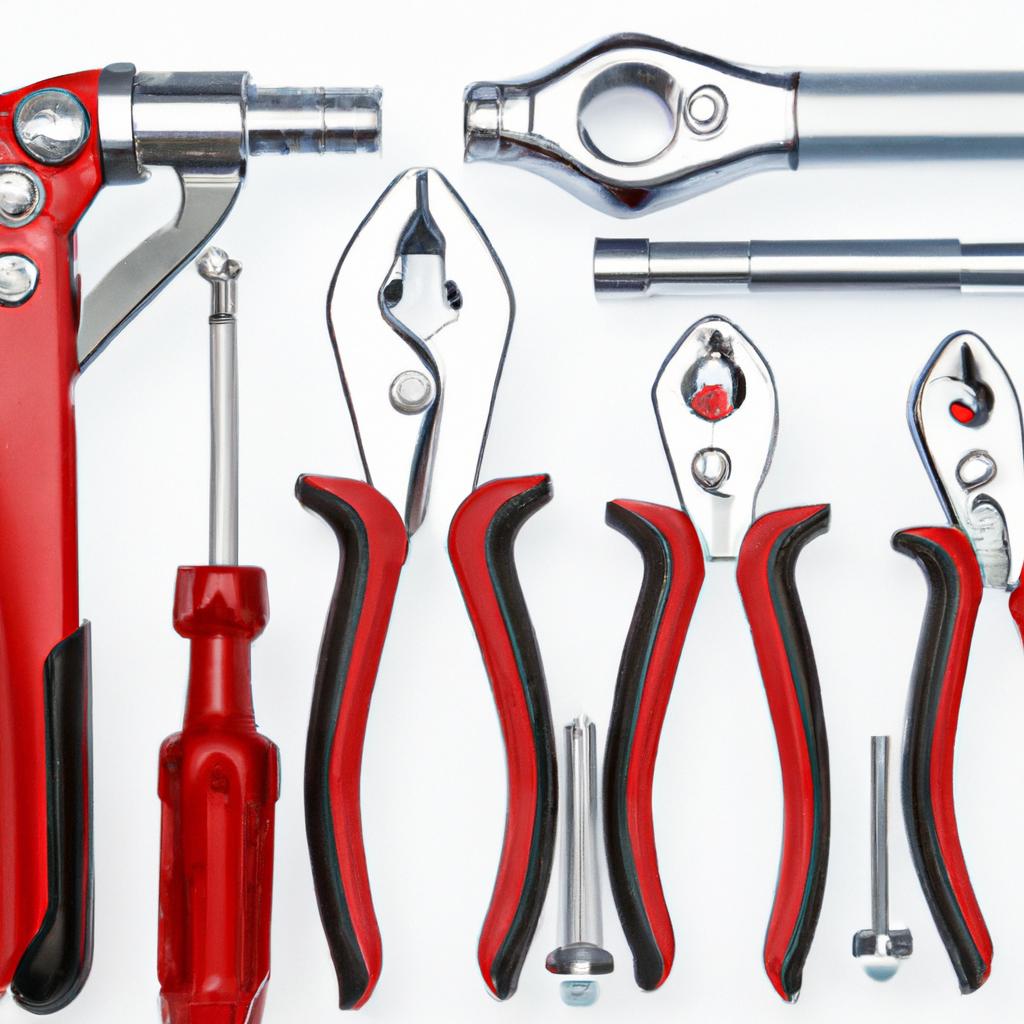
Essential Tools and Techniques for Routine Maintenance
To ensure your timepiece continues to operate flawlessly, having the right tools on hand is crucial. A basic watch maintenance toolkit can make a world of difference, allowing you to address minor issues or perform routine upkeep at home. Essential items to include are:
- Watch Case Opener: Essential for accessing the inner workings of your watch.
- Screwdriver Set: Look for a variety of sizes to fit different screw types used in watches.
- Pin Remover: Used for adjusting or replacing watch bands.
- Dust Blower: Helps keep the interior of your watch free from debris.
- Jeweler’s Loupe: Gives you a magnified view for inspecting delicate components.
In addition to the right tools, employing effective techniques during maintenance can enhance the longevity of your watch. Start with a simple cleaning routine, which can be accomplished using a soft cloth or microfiber towel to wipe the exterior. For water-resistant watches, a gentle soap and water wash can keep the watch case and strap looking pristine. When handling internal components, consider the following methods:
| Technique | Description |
|---|---|
| Lubrication | Apply watch oil to the movement’s pivot points to ensure smooth operation. |
| Regulating | Make adjustments to the balance wheel for accurate timekeeping. |
| Dust Removal | Use a soft brush and blower to eliminate any dust particles. |
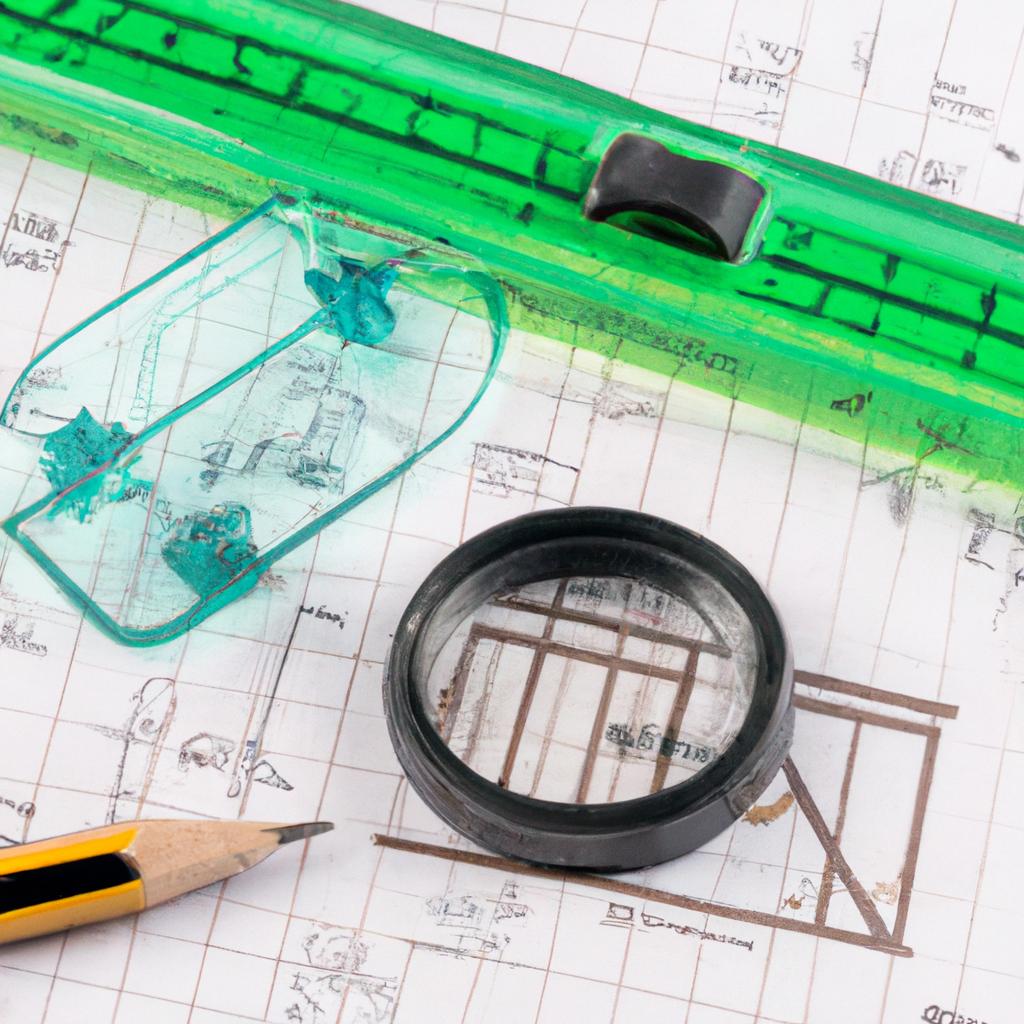
Common Repair Challenges and How to Overcome Them
Repairing watches can often feel like navigating a labyrinth filled with unexpected hurdles. One common challenge is dealing with **stubborn screws** that refuse to budge. These screws can become rusted or stripped over time, making it difficult to access the internal components of the watch. To overcome this issue, it’s essential to use the right tools; a precision screwdriver set with various head styles can provide the grip and torque needed. Additionally, applying a small amount of penetrating oil can help loosen rusted screws. Always exercise caution when working on delicate pieces to avoid damaging the watch further.
Another frequent obstacle in watch repair is the **lack of spare parts**. Watchmakers sometimes find themselves searching high and low for specific gears or movements, especially for vintage models. Establishing relationships with reliable suppliers and keeping a well-stocked inventory of common parts can mitigate this problem. In cases where parts are unavailable, consider sourcing components from donor watches. Here’s a quick reference table to help you identify which parts may be useful to keep on hand:
| Part | Usefulness |
|---|---|
| Crystal | Replacements for shattered faces |
| Mainspring | Necessary for wind-up watches |
| Movement | Complete mechanism for automatic watches |
| Case Back | Protection for internal components |
| Strap | Essential for functionality and aesthetics |
Future Outlook
mastering timekeeping is not just about knowing the current hour; it’s an art that lies in the meticulous care and maintenance of the timepieces that accompany us through life. As you embark on your journey to watch maintenance and repair, remember that patience and precision are your closest allies. With the tips shared in this article, you now possess the tools to ensure your watches not only tell time but also thrive through the years. Whether you’re a novice with dreams of horological mastery or a seasoned collector seeking to refine your skills, every tick is an opportunity for growth. Embrace the challenge, respect the craftsmanship, and let each repair become a valuable lesson in the language of time. After all, a well-maintained watch is more than just an accessory; it’s a testament to your dedication and appreciation for the art of horology. Happy timekeeping!

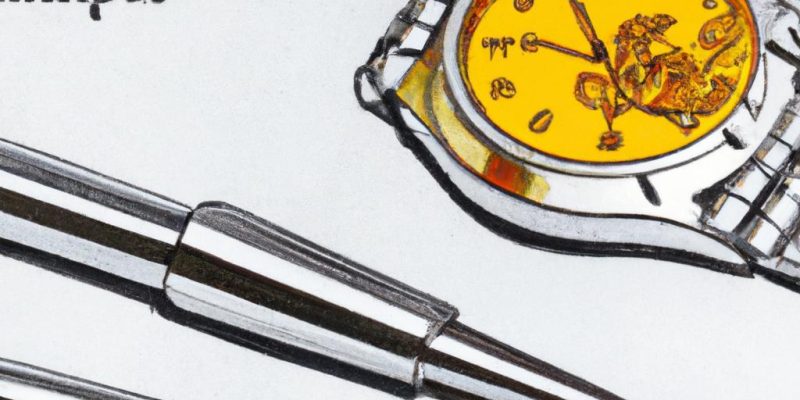



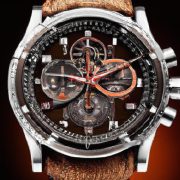
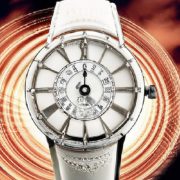










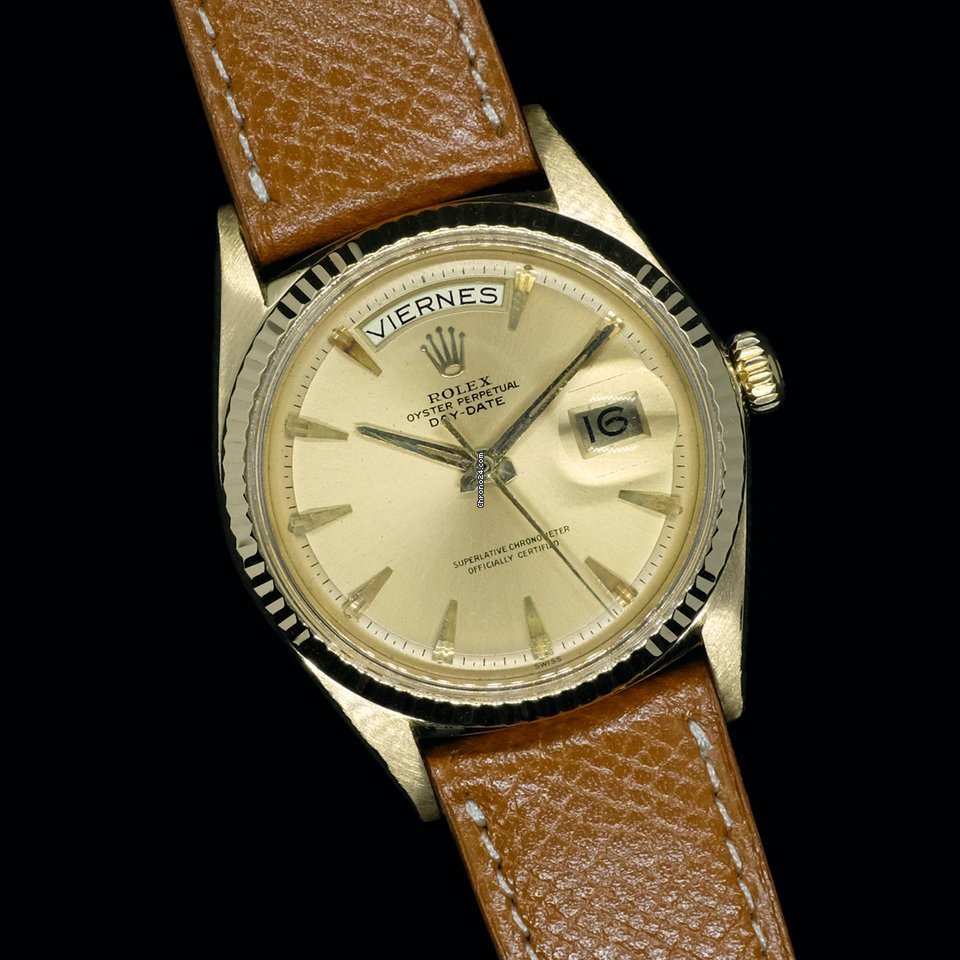
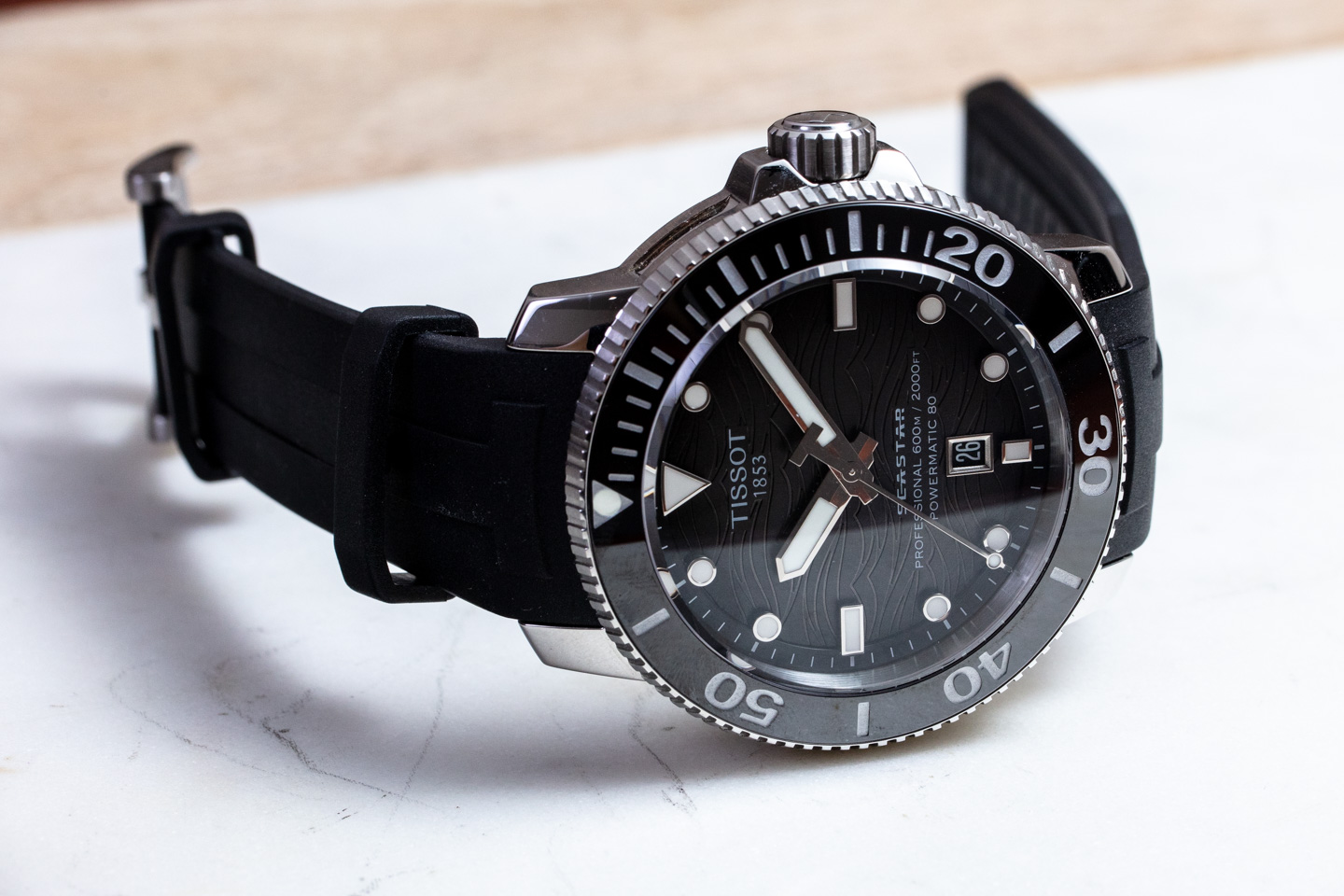
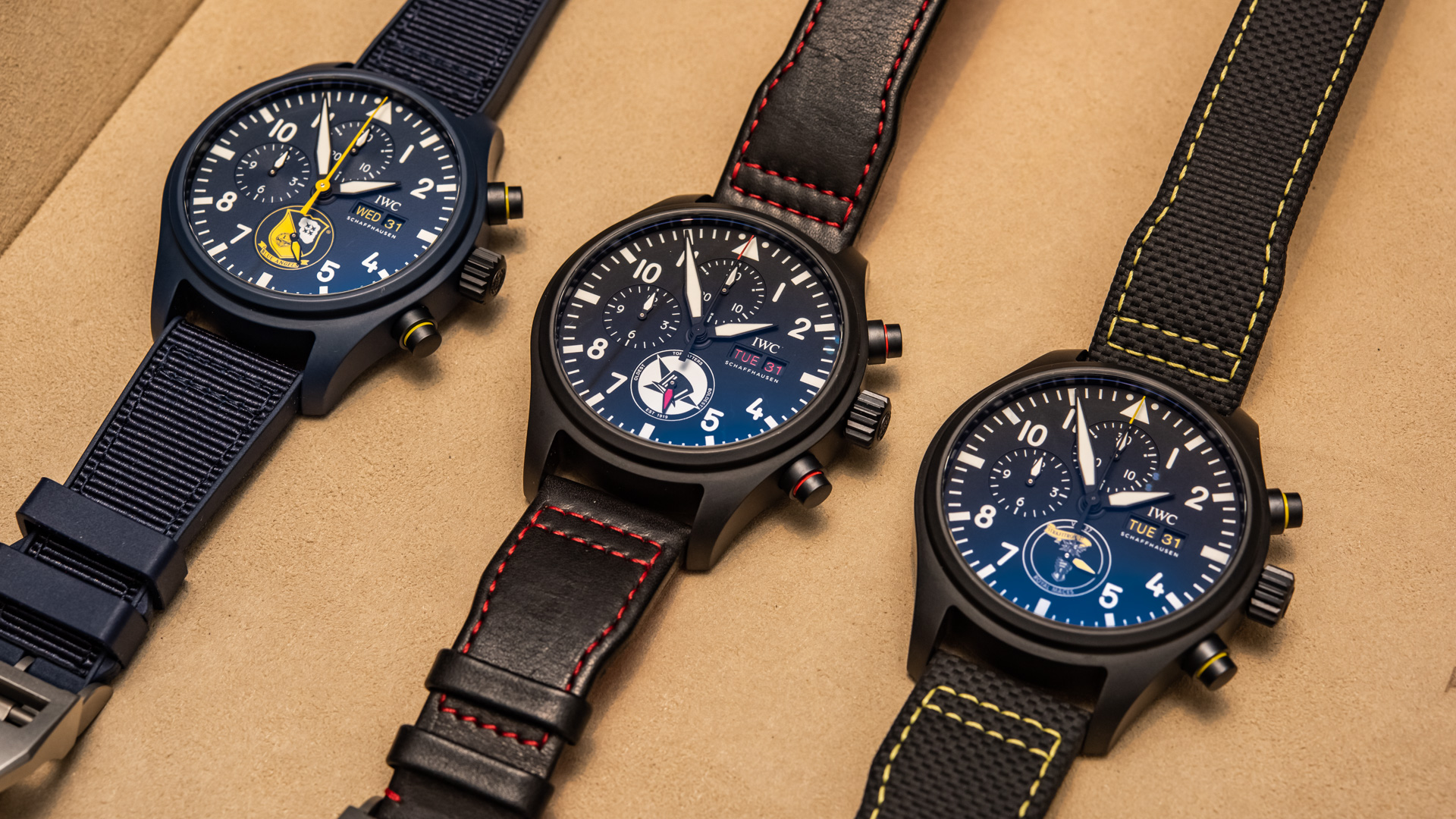



Comments